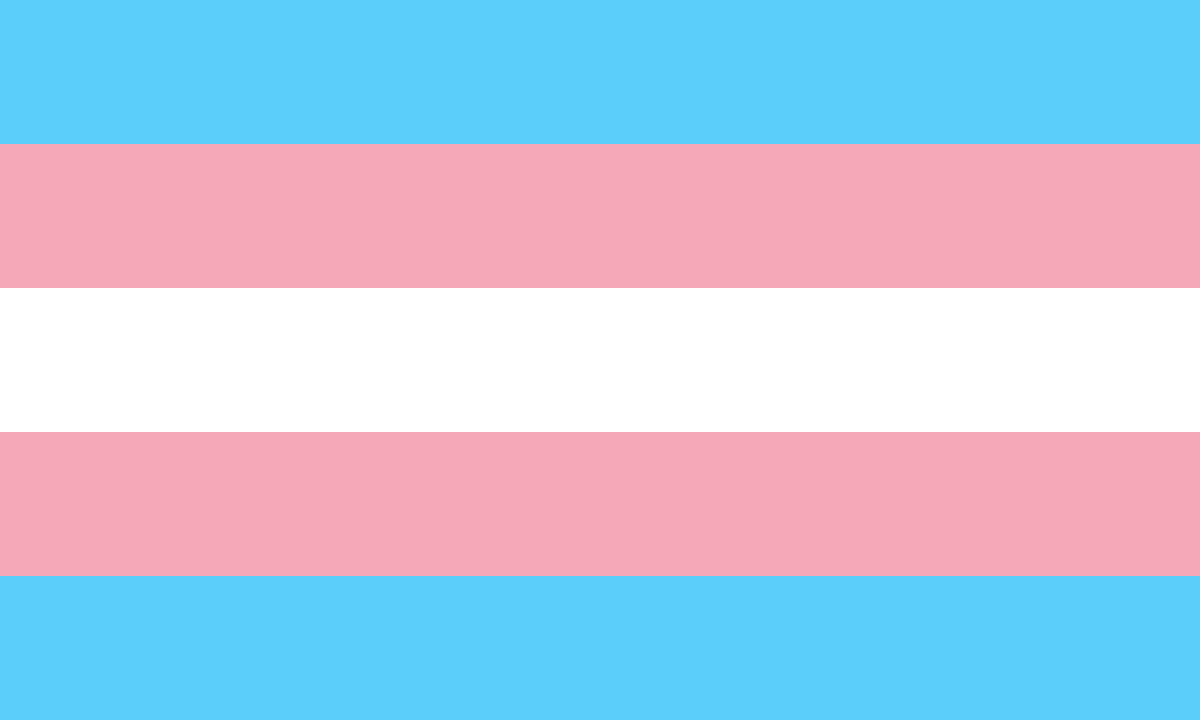There’s still time to decorate your house for Impeachment Trial Day on Tuesday. I’m just saying.
Here’s a Who’s Who of the impeachment trial for those of you who would like a scorecard, and here’s Dan Patrick asking his patrons to please post-date their checks for after the trial, because accepting their donations while he’s acting as a judge just seems tacky. And here’s the Houston Chronicle telling us that this trial is a Serious Test for Texas Republicans.

A crook any way you look
Paxton’s potential removal carries massive political stakes for all of Texas’ Republican leaders, from Gov. Greg Abbott to Lt. Gov. Dan Patrick and House Speaker Dade Phelan. No matter what happens, the trial is set to shake up the state’s politics like few events in recent history, with aftershocks that could last for years.
“You’d have to go back to the Pa Ferguson impeachment trial (of 1917) for something that would have such a profound impact on Texas politics,” said Mark Jones, a political science professor at Rice University. “And that was in a different era where people tended to arrive, stay in office for a few years and then leave. Paxton, Abbott, Patrick, they all arrived back in 2014. This has been a long-standing group in the highest levels of power.”
[…]
His removal would give Abbott the rare opportunity to hand-pick a replacement, likely setting off intense behind-the-scenes jockeying for one of the most powerful positions in Texas. It would also strengthen Phelan’s claim on the speaker’s gavel heading into 2024, GOP strategists and political experts said, while dealing a blow to Paxton’s right-wing allies, who have promised to campaign against pro-impeachment Republicans.
An acquittal would be a black eye for Phelan, likely intensifying the blowback he’s already getting from grass-roots activists and exposing him to criticism from House Republicans, many of whom were put in a tough spot with the impeachment vote, observers said.
For Abbott, who preceded Paxton as attorney general, the chance to install a political ally in his former office would also come with pressure from Paxton supporters to choose someone with similar conservative credentials.
“They would absolutely have to be from the movement side of the party, and at least have a solid record on issues that matter (to Paxton’s base),” said Brendan Steinhauser, an Austin-based Republican political consultant.
“Because that is exactly the case that the right is making for Paxton. They’re saying, look, whatever you think about these cases, he’s a fighter, he’s represented Texas against the federal government and in all these battles that matter to us.”
Hey, remember what I said about Paxton’s alleged infidelity and how no one on the so-called “Christian” right gives a shit? This is more of that. I am more convinced than ever that the optimal result, both in civics terms and in creating maximal division on the Republican side, is a conviction, optimally by a close margin. I might even let myself fantasize about a Dem winning the 2024 special election for AG if that happens.
In the meantime, we get a couple more stories about just how venal Ken Paxton is. From the AP:
Unexplained Caribbean and European trips that cost taxpayers more than $90,000. A $600 sports coat paid for by an event organizer. A $45 office Christmas cake taken as his own.
These are among the perks that Republican Texas Attorney General Ken Paxton’s former employees say he reveled in while using his office in ways that now have him facing a federal criminal investigation and potential ouster over allegations of corruption.
[…]
But records obtained by The Associated Press, interviews with former aides and a review of thousands of legal filings reveal other ways in which Paxton allegedly reaped the benefits of being one of Texas’ most powerful figures. Together, they show how conviction and removal from office could cost Paxton not just a job but a lifestyle.
Last year, that lifestyle included more international trips than Texas’ governor and lieutenant governor made combined, and a previously unreported visit to Qatar to watch the World Cup. There are also accusations of behavior that raised eyebrows among employees at all levels of Paxton’ office, including requesting special license plates but never paying the $12.50 to acquire them.
“He always cared about what trip he was going on, who was taking him to dinner,” James Blake Brickman, one of Paxton’s former deputies, told investigators leading the impeachment in March, according to a transcript.
“He likes the perks of the office,” Brickman said.
[…]
Former employees say Paxton sometimes seized smaller opportunities to gain from office.
David Maxwell, the attorney general’s former head of law enforcement and one of eight deputies who reported him to the FBI, told investigators that Paxton once bought a $600 sports coat from a hotel store while at a conference and billed it to the event’s organizer. According to transcripts, Maxwell also said Paxton asked for specialty license plates available to state officials but never paid the nominal fee to pick them up.
”He was all about money,” said Maxwell, who is also a former Texas Ranger, the state’s elite law enforcement division. “He always had his hand out.”
Other former staff point to an even smaller gift.
Around Christmas for years, Texas grocery giant H-E-B sent a coconut-dusted cake to the attorney general’s office, which staff shared.
That changed after Paxton was elected, according to three former employees of his executive office who spoke on condition of anonymity out of fear of retaliation.
One said Paxton once told staff not to touch the cake because it was for his birthday, which is on Dec. 23. Another said Paxton once had the cake brought to a Tex-Mex restaurant for a staff lunch but never served it. The third recalled watching Paxton and an aide walk out of the office carrying the cake box.
According to required gift logs kept by Paxton’s office, the cake was worth $45.
It’s the cake story for me. The fact that someone was pissed enough to include the “coconut-dusted” descriptor is just inspired. We should all be that petty when the occasion arises.
And to close on a more serious note, there’s this.
In July 2022, Texas Attorney General Ken Paxton and his wife, state Senator Angela Paxton, took a mysterious multi-country trip to European destinations in Italy, Greece, Malta, and Albania with a protective detail from the Texas Department of Public Safety tagging along.
But the couple may have left their security behind while they traveled to the capital city of Pristina in the Republic of Kosovo on behalf of an obscure new telecom company, then known as Multiband Global, that was run by their friend James Frinzi, a longtime Texas lobbyist-turned-businessman.
There, they joined Frinzi in an official meeting with members of Kosovo’s Parliamentary Committee on Economy, Industry, Entrepreneurship and Trade, and discussed “the potential for business partnerships” for bringing new wireless network technologies like 5G to the small country, according to the company’s own press release.
While the company’s PR didn’t mention the Paxtons, their participation is memorialized in photos posted by both Multiband Global and others who attended, including parliamentary committee members. These photos show Frinzi, Angela and Ken Paxton, and three other associates sitting at a table across from Kosovar officials with mini flags of their respective countries on either side. A cell phone with a Texas flag case sat on the table between the Paxtons. Frinzi and the Paxtons also posed with members on the floor of the Kosovo Parliament chambers.
As it turns out, this PR and photo opps were only part of the Paxtons’ involvement with Frinzi after he took control of a seemingly worthless Nevada shell company called American Metals Recovery and Recycling, Inc. (AMRR), according to filings with the Securities and Exchange Commission in late 2021. He then used the company to acquire a firm he dubbed Multiband Global.
Now, Frinzi is the subject of two pending complaints in the North Texas federal bankruptcy court stemming from a case involving a bankrupt company and its subsidiaries for which he was CEO. The complaints include allegations that he breached his fiduciary duties by siphoning millions of dollars from those companies, and then used those funds to gain control of AMRR in late 2021 and soon after acquired other firms. The complaints allege these were fraudulent transfers.
As the majority shareholder, Frinzi made himself CEO and board chairman and, in late January 2022, tapped state Senator Angela Paxton to serve on the AMRR board of directors to provide connections and an air of legitimacy to what was then pitched as an exciting new telecom upstart, according to corporate filings and public statements.
Frinzi denies the allegations made against him in bankruptcy court and says the complaints have nothing to do with the Paxtons who are not parties in the litigation or named in the cases.
“The trustee’s job is to recover as much as possible, and one way he tries to do that is to unwind transactions, often by alleging fraudulent transfer claims,” Frinzi wrote in an email response to the Texas Observer’s questions. “If there was any accusation of actual fraud there would be a claim for actual fraud – there is none. I am not accused of defrauding anyone. It’s a fiduciary duty claim.”
It’s a long story and I confess I didn’t make my way through it. Maybe there’s nothing to this. I can’t imagine anyone giving either Paxton any benefit of the doubt.
UPDATE: If what you really wanted was a brief overview of the life and crimes of Ken Paxton in cartoon form, Reform Austin and Nick Anderson have you covered.



















